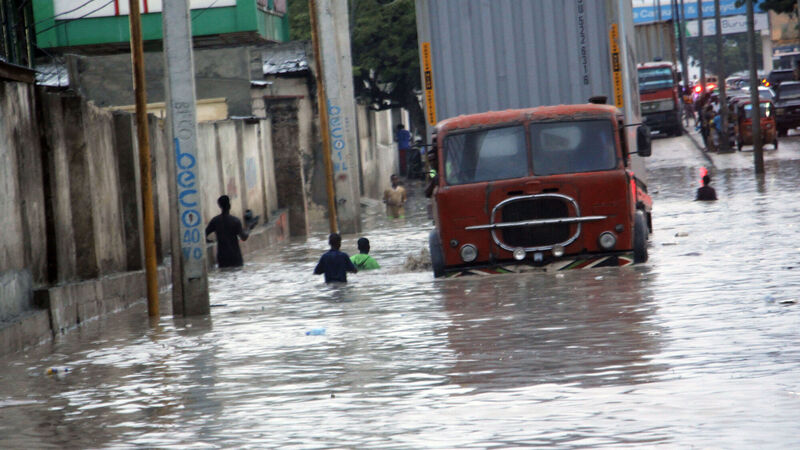Letters to the Editor: Progress has to be made on climate financing

A lorry is stuck in floodwater during heavy rains in Mogadishu, Somalia. The worst flooding to hit Somalia in decades has killed many people and forced thousands to flee their homes. Picture: AP Photo/Farah Abdi Warsameh











